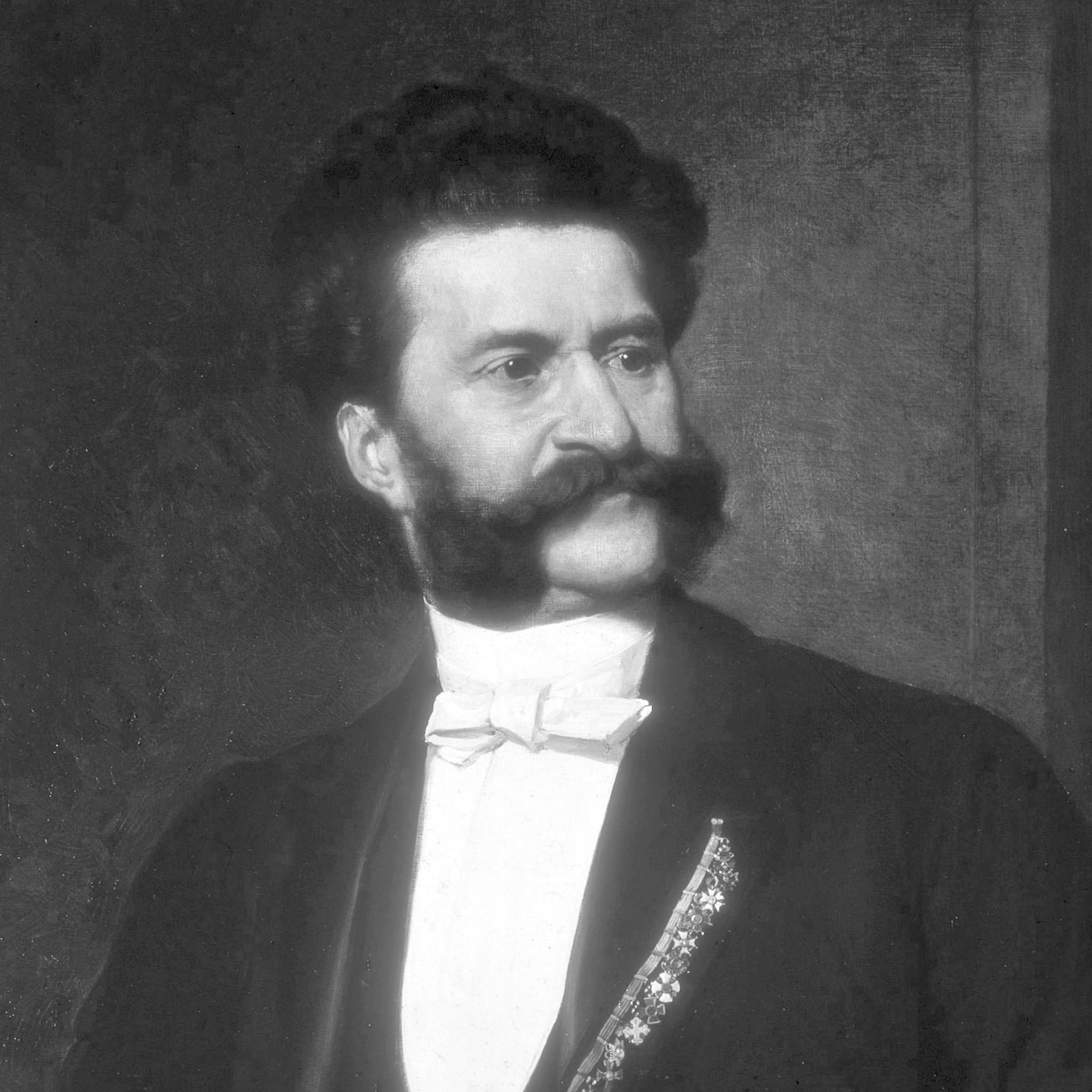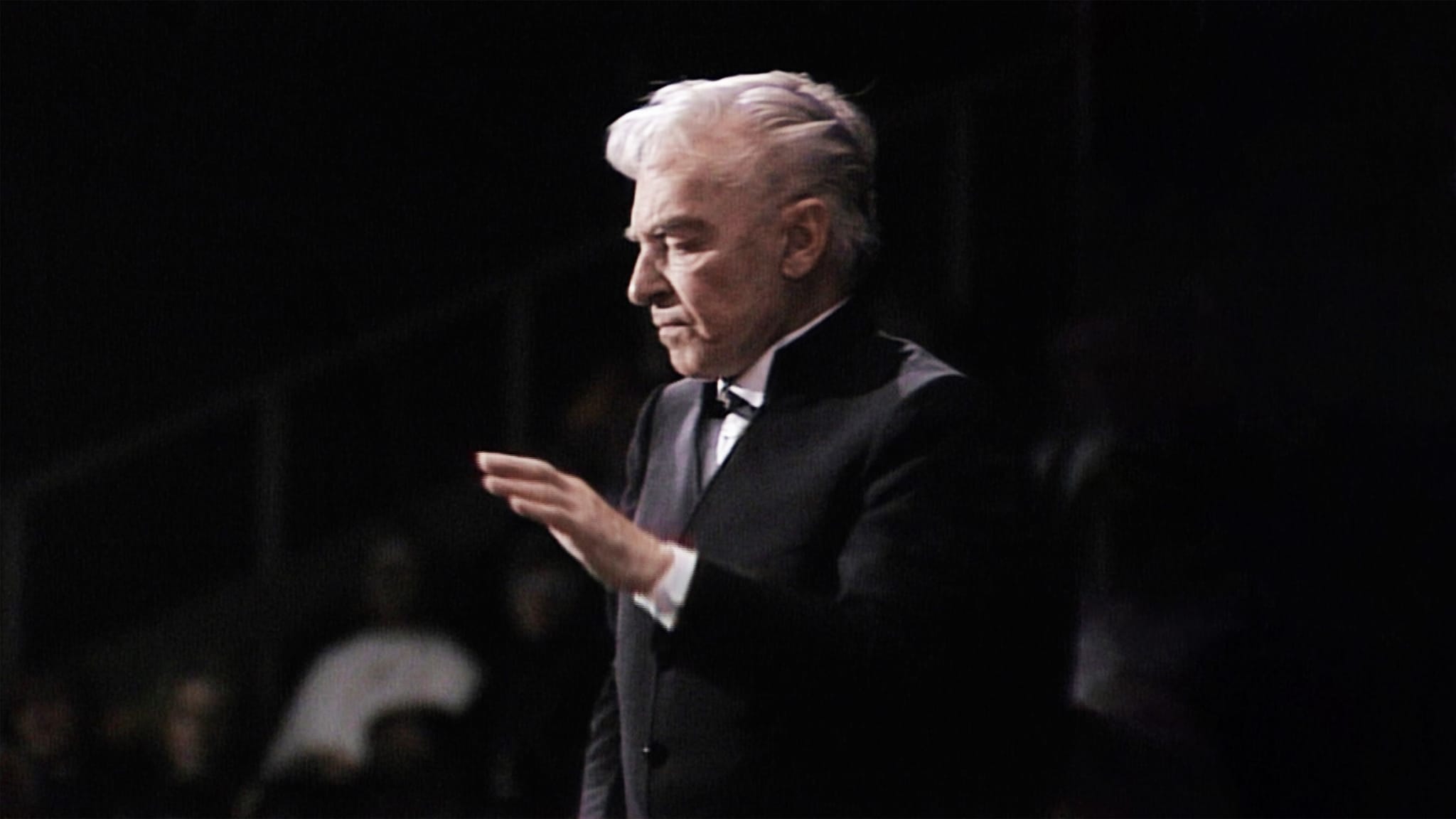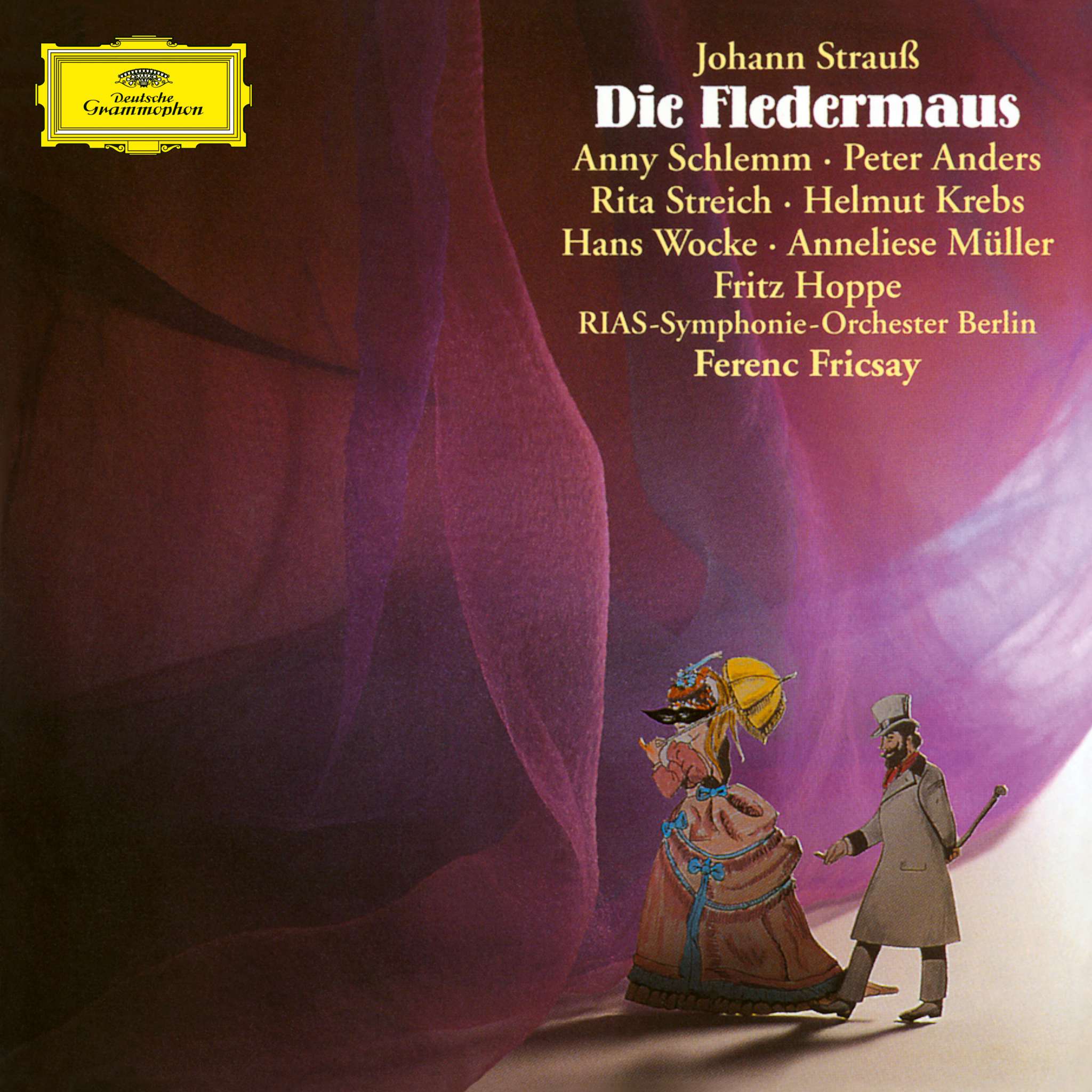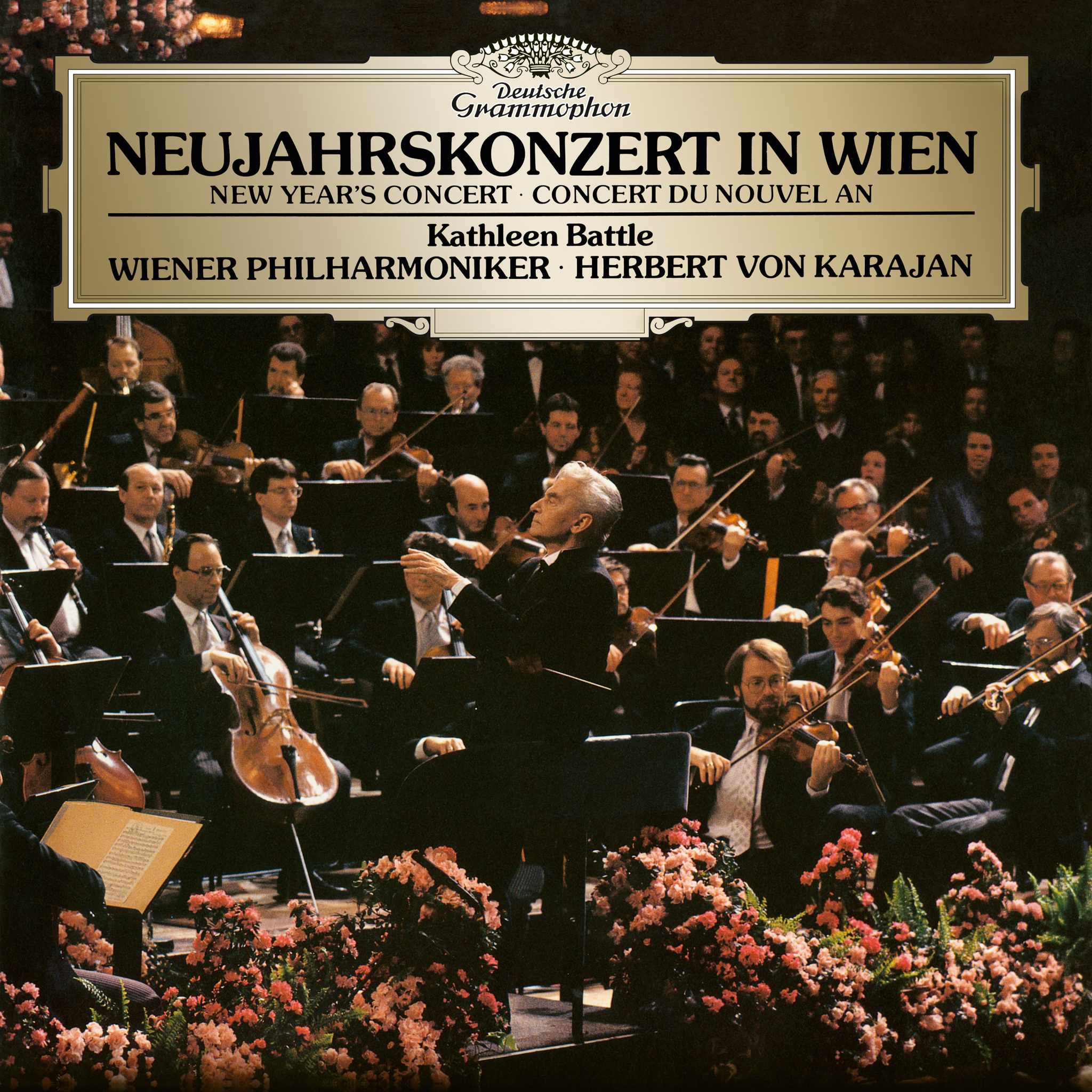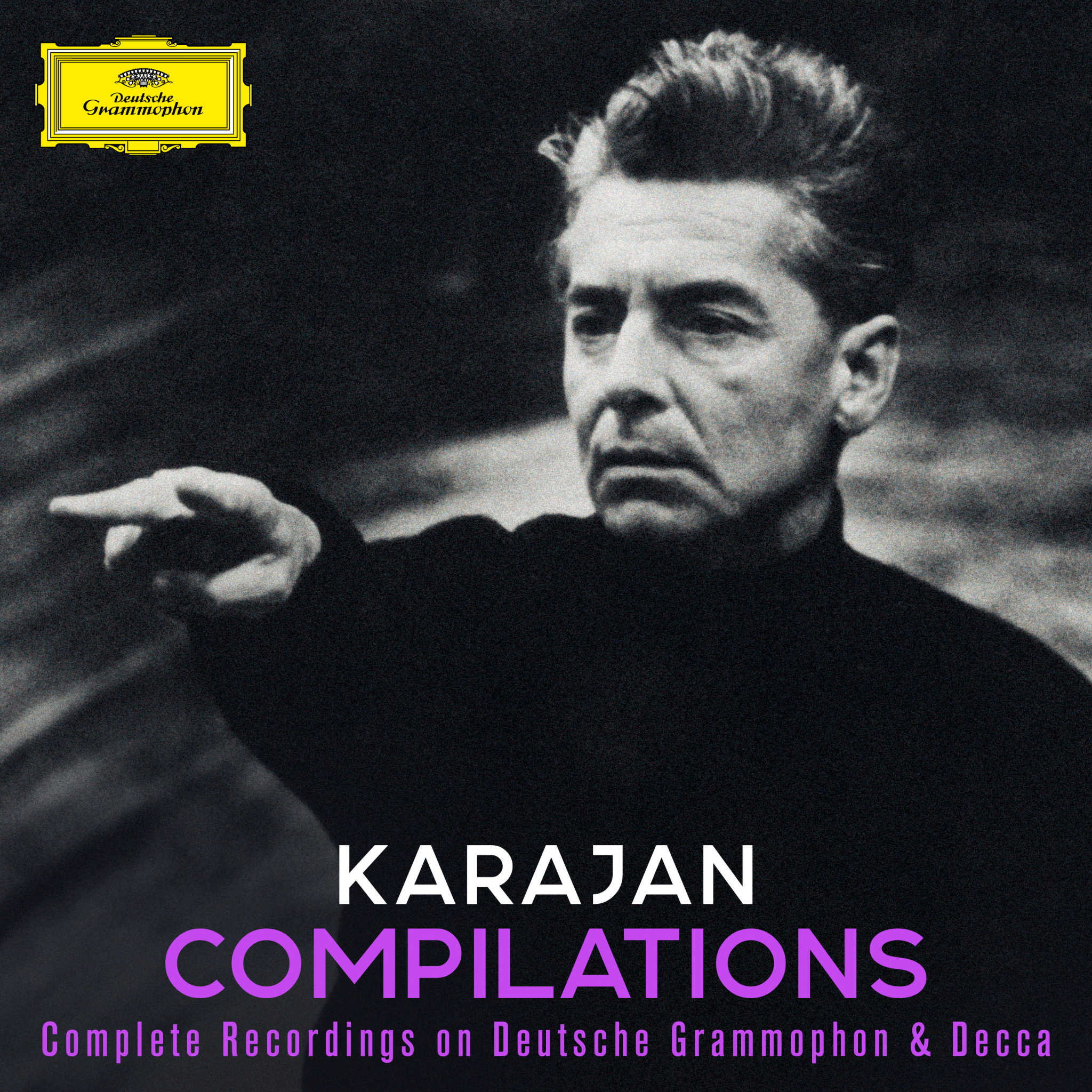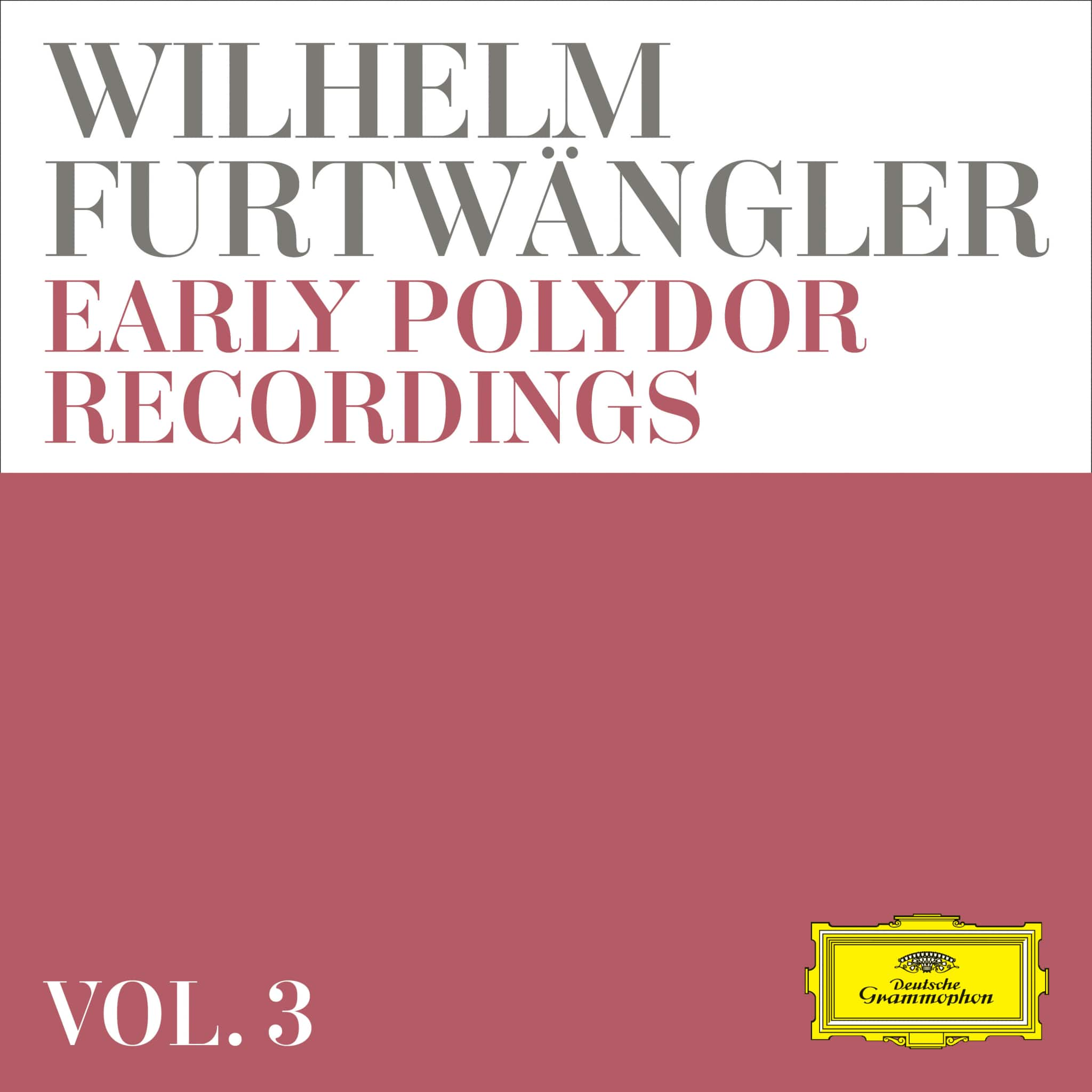From Vienna’s Dance Halls to Operetta Composer
Johann Strauss II was born in Vienna on 25 October 1825. He displayed musical talent from an early age, but his father, the renowned Johann Strauss I, was determined to prevent him from pursuing a career in music and insisted he train for a profession in finance. Despite this, Strauss secretly took violin lessons and studied music theory and composition. It was only after his father’s death in 1849 that he was able to fully devote himself to music. Over the years, he composed more than 400 works for his ensemble, including polkas, quadrilles, marches, and, above all, waltzes, to which he brought an unparalleled depth of expression. Waltzes such as Frühlingsstimmen (1883), Kaiser-Walzer (1889), Geschichten aus dem Wienerwald (1868), and The Blue Danube(1866/67 – sometimes considered Austria’s unofficial national anthem) exhibit a poetic, instrumental tone painting combined with irresistible melodic invention. These qualities earned admiration from both Wagner and Brahms.
Strauss’s rise to Vienna’s premier dance orchestra conductor was swift. Following early successes, he was officially appointed director of the Imperial Court Ball Music in 1863, cementing his status among the Viennese elite. His music reflected the elegance, splendour, and light-heartedness of imperial Vienna, becoming synonymous with the city’s rich waltz tradition. His distinctive triple-time compositions captivated not only Viennese audiences but also listeners across Europe and beyond.
His concert tours took him to Russia, where he embarked on a three-month tour in Pavlovsk near St. Petersburg between 1865 and 1866. During this period, he composed several new works, including the famous waltz The Blue Danube, which was premiered in Vienna soon after. The popularity of this waltz continued to grow, eventually becoming one of the most recognised pieces of music worldwide.
Though not all of Strauss’s stage works enjoyed equal success, Die Fledermaus (1874) and Der Zigeunerbaron (1885) remain among the most frequently performed and beloved operettas of all time. Strauss embodied Viennese culture at its 19th-century zenith, and his finest music continues to be celebrated across all musical genres.
Beyond dance music, Strauss increasingly turned to operetta. His masterpiece Die Fledermaus set new standards for the genre and remains one of the most frequently performed operettas worldwide. Known for its sparkling melodies, infectious rhythms, and witty humour, it cemented Strauss’s reputation. With works such as A Night in Venice (1883), he further solidified his position as a leading composer of the golden era of operetta.
